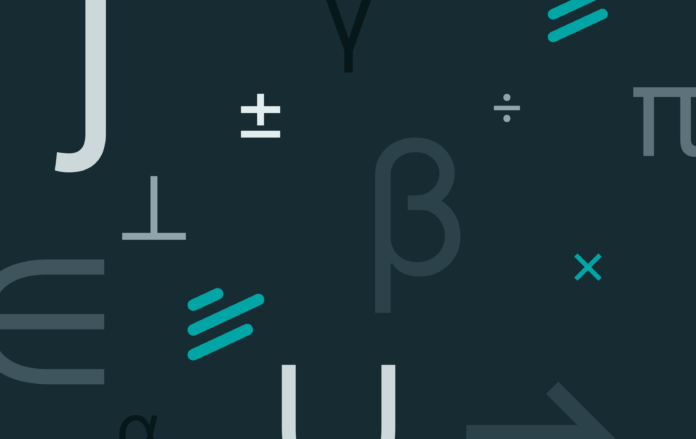Artificial Intelligence models have made leaps and bounds in numerous areas such as text generation, image recognition, and basic problem-solving. However, they seem to be hitting an impasse when it comes to advanced mathematical reasoning. A novel benchmark dubbed FrontierMath is revealing the extent of this gap. This benchmark, developed by the research group Epoch AI, is a collection of hundreds of original, research-level mathematical problems. Solving these problems necessitates deep reasoning and creativity, characteristics that AI systems still significantly lack.
Despite the growing capabilities of large language models like GPT-4o and Gemini 1.5 Pro, these systems are solving less than 2% of the FrontierMath problems, even with extensive support.
“We collaborated with 60+ leading mathematicians to create hundreds of original, exceptionally challenging math problems,” Epoch AI announced in a post on X.com. “Current AI systems solve less than 2%.”
The FrontierMath Benchmark
The objective of FrontierMath is to test the capacity of machine learning models to engage in complex reasoning. So far, the results have been disappointing. This benchmark has been designed to be far more rigorous than the traditional math benchmarks that AI models have already mastered.
- GSM-8K and MATH: Leading AI systems have scored over 90% on these benchmarks, but they are starting to hit their limits.
The major issue here is data contamination. AI models are often trained on problems that closely resemble those in the test sets, making their performance less impressive than it first appears.
“Existing math benchmarks like GSM8K and MATH are approaching saturation, with AI models scoring over 90%—partly due to data contamination,” Epoch AI posted on X.com. “FrontierMath significantly raises the bar.”
Unpublished Mathematical Problems
In contrast, the FrontierMath problems are entirely new and unpublished, specifically designed to prevent data leakage. These problems can’t be solved with basic memorization or pattern recognition. They often require hours or even days of work from human mathematicians and cover a broad range of topics—from computational number theory to abstract algebraic geometry.
Solving mathematical problems of this caliber goes beyond brute-force computation or simple algorithms. It requires what Fields Medalist Terence Tao calls “deep domain expertise” and creative insight.
“These are extremely challenging. I think that in the near term, basically the only way to solve them is by a combination of a semi-expert like a graduate student in a related field, maybe paired with some combination of a modern AI and lots of other algebra packages.” – Terence Tao
Mathematics as a Testbed for AI
Mathematics, specifically at the research level, provides a unique domain for testing AI. Unlike natural language or image recognition, math demands precise, logical thinking, often over many steps. Each step in a proof or solution builds on the one before it, meaning that a single error can invalidate the entire solution.
“Mathematics offers a uniquely suitable sandbox for evaluating complex reasoning,” Epoch AI posted on X.com. “It requires creativity and extended chains of precise logic—often involving intricate proofs—that must be meticulously planned and executed, yet allows for objective verification of results.”
This makes mathematics an ideal testing ground for AI’s reasoning capabilities. It’s not enough for the system to generate an answer—it has to understand the structure of the problem and navigate through multiple layers of logic to arrive at the correct solution. And unlike other domains, where evaluation can be subjective or noisy, math provides a clean, verifiable standard: either the problem is solved or it isn’t.
AI Systems Still Falling Short
Despite having access to tools like Python, which allows AI models to write and run code to test hypotheses and verify intermediate results, the top models are still falling short. Epoch AI evaluated six leading AI systems, including GPT-4o, Gemini 1.5 Pro, and Claude 3.5 Sonnet, and found that none could solve more than 2% of the FrontierMath problems. This underscores the vast chasm that still exists in the domain of advanced mathematical reasoning for AI systems.
Source: VentureBeat

